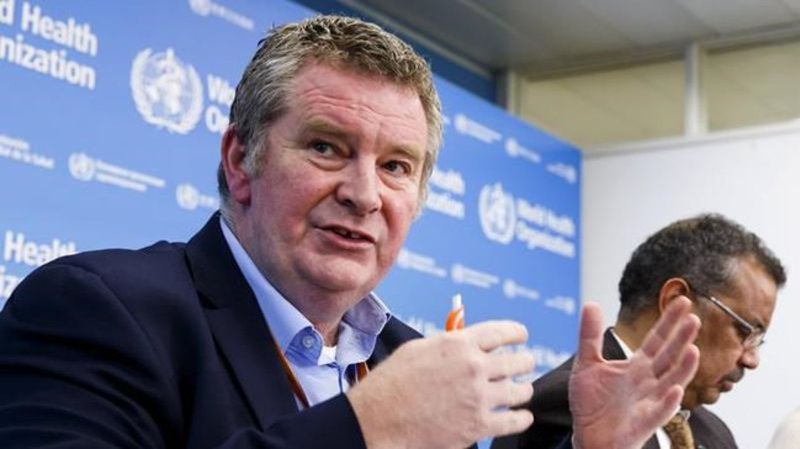
Internal emails reveal WHO knew of sex abuse claims in Congo
BENI, Congo (AP) — When Shekinah was working as a nurse’s aide in northeastern Congo in January 2019, she said, she was offered a job from a World Health Organization doctor at double her salary — in exchange for sex.
“Given the financial difficulties of my family … I accepted,” said Shekinah, 25, who asked that only her first name be used for fear of repercussions. She said the Canadian doctor, Boubacar Diallo, who often bragged about his connections to WHO Director-General Tedros Adhanom Ghebreyesus, made the same proposition to several of her friends.
When a staffer and three Ebola experts working in Congo informed WHO management about sex abuse concerns regarding Diallo, they were told not to take the matter further, The Associated Press has found.
WHO has been facing widespread public allegations of systemic abuse of women by unnamed staffers, to which Tedros declared outrage and emergencies director Dr. Michael Ryan said, “We have no more information than you have.” However, an AP investigation has now found that despite its public denial of knowledge, senior WHO management wasn’t only informed of alleged sexual misconduct in 2019 but was asked how to handle it.
